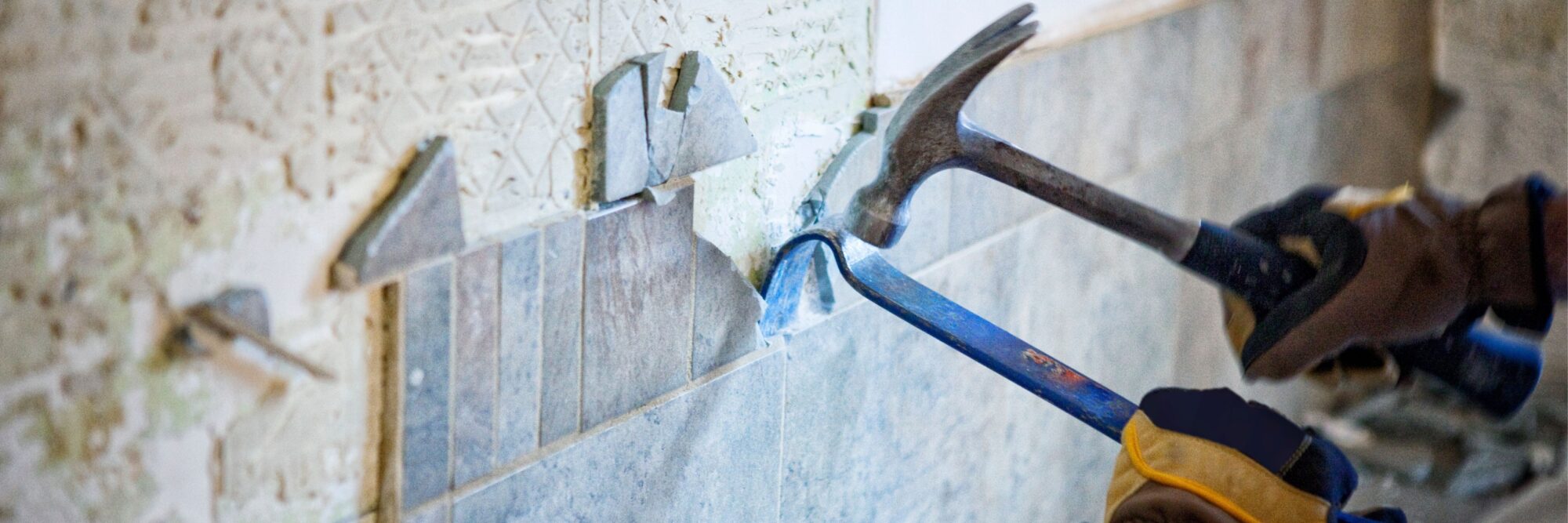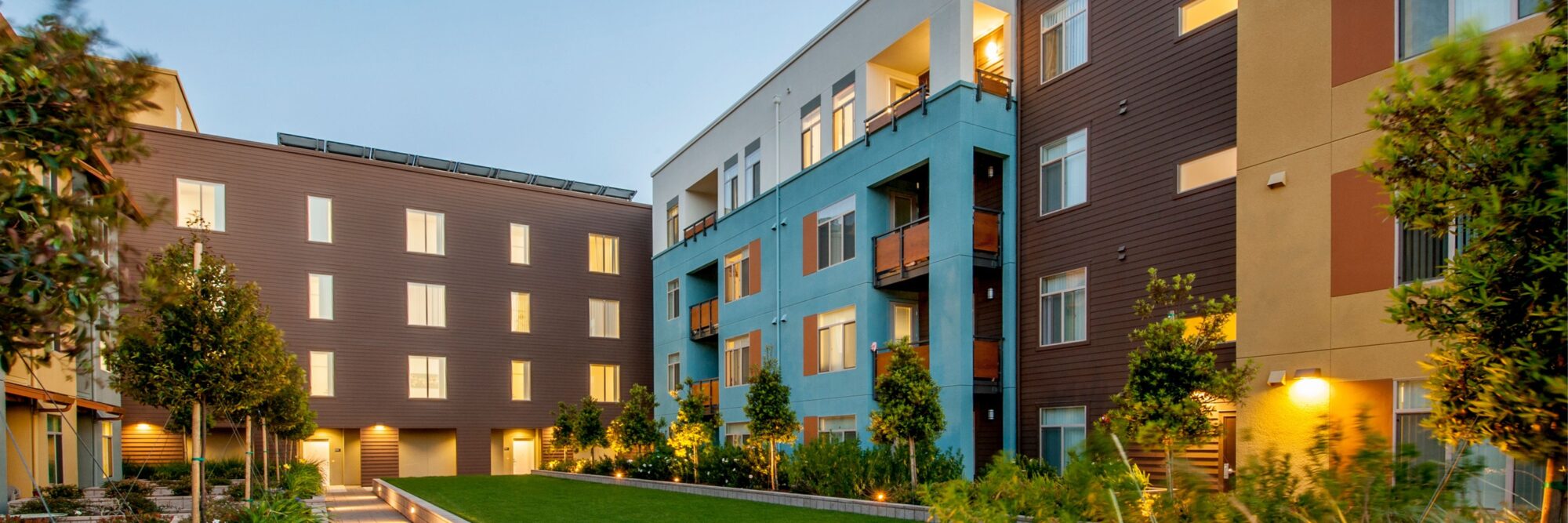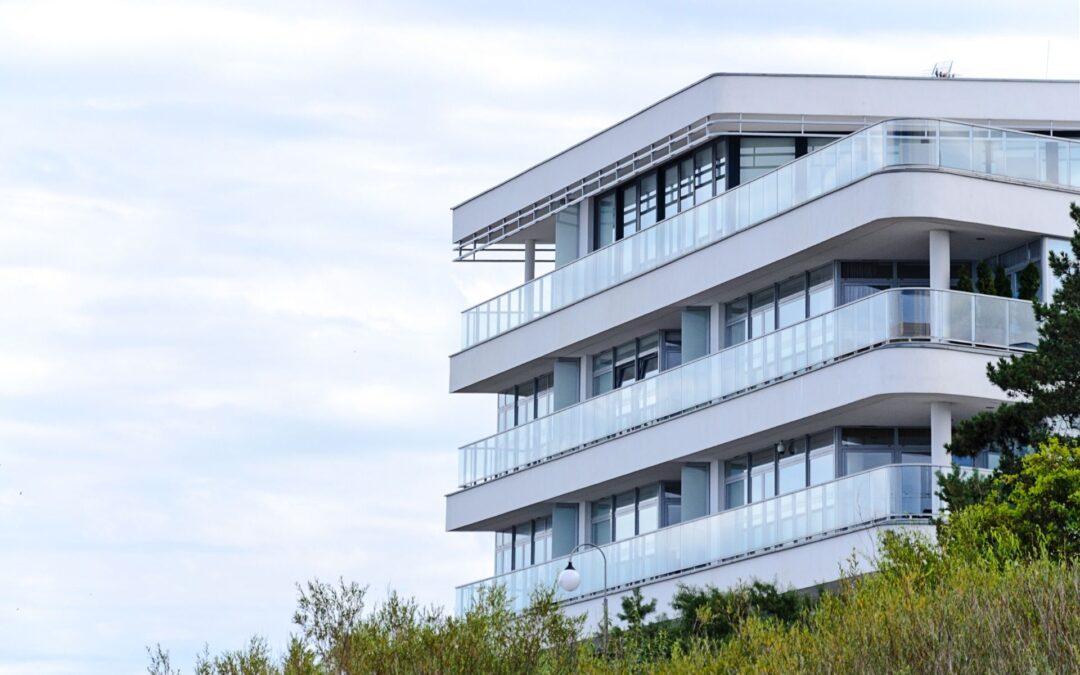Purchasing a property within a community titles scheme, whether it’s an apartment, townhouse, or villa, offers a mix of private ownership and shared community living. While it can be a great way to enter the property market, it’s important to understand the responsibilities and obligations that come with owning a lot in a Queensland body corporate.
1. What You Own vs. What’s Shared
When you buy into a community titles scheme, you own your individual property (e.g., your apartment or townhouse). However, you also share ownership of common property with other owners, which might include:
- External walls and roofing
- Driveways and car parks
- Stairwells and lifts
- Gardens, pools, or shared facilities
All lot owners are automatically members of the body corporate, which manages, maintains, and insures these shared spaces. The exact boundaries of your ownership can vary depending on the survey plan, survey (SP), group title plan (GTP) or building unit plan (BUP), so always review the community management statement (CMS).
2. Body Corporate Levies: Your Financial Responsibilities
As an owner, you’ll pay levies to cover the costs of running and maintaining the scheme. These are usually billed quarterly and include contributions to:
- Administrative Fund: For everyday expenses such as cleaning, gardening, insurance, and management fees.
- Sinking Fund: For long-term maintenance and major works, like repainting or replacing lifts.
- Insurance Fund: For the insurance of the building
There may also be:
- Special Levies: Raised for unexpected costs or major projects, such as urgent repairs or upgrades required by legislation (e.g., fire safety or pool compliance).
If you don’t pay your levies:
- You lose your right to vote at general meetings while in arrears.
- Interest may be added to overdue amounts.
- The body corporate can recover debt collection costs, including legal fees.
- Unpaid levies must be settled before selling or refinancing.

3. By-Laws: The Rules of Community Living
Every Queensland body corporate operates under by-laws that outline how residents can use both their lots and common property. These rules may be based on default by-laws under the BCCM Act or created specifically for the building.
By-laws typically cover:
- Noise control and behaviour
- Pet ownership (including approval requirements)
- Renovation guidelines
- Parking rules
- Short-term letting (e.g., Airbnb)
Before you buy, review the CMS and by-laws, which are included in the contract of sale.
4. Doing Your Homework: Body Corporate Records
A body corporate records inspection report (often called a strata report) is essential when buying in a community titles scheme. This report reviews the body corporate’s records and provides insight into:
- Financial health and levy history
- Meeting minutes
- Building defects or maintenance issues
- Insurance cover
- Upcoming projects or special levies
This is separate from a building and pest inspection, which assesses the condition of the property itself. For older or larger complexes, it’s wise to arrange both.

5. Renovations: When You Need Approval
Renovations in a body corporate property fall into three categories:
- Cosmetic Work: Changes like painting walls or replacing carpet usually don’t need approval.
- Minor Improvements: Small changes to common property, such as installing blinds or small landscaping, may require committee approval.
- Major Renovations: Structural work or changes affecting waterproofing, plumbing, or exclusive use areas usually require a general meeting and a special resolution.
6. Who Runs the Body Corporate?
The management structure generally includes:
- All Lot Owners: Who vote on key decisions at general meetings.
- Committee: A group of owners elected to manage day-to-day matters.
- Body Corporate Manager: A professional manager (if engaged) who handles administrative and compliance tasks.
7. Community Living: Being Part of the Group
Living in a body corporate means being part of a community. You’ll need to:
- Attend or vote at annual general meetings (AGMs).
- Follow by-laws to ensure harmony.
- Work collaboratively with neighbours and the committee.
The Office of the Commissioner for Body Corporate and Community Management can assist with dispute resolution if issues arise.
8. Buying a New Build in Queensland?
For new builds, developers must meet defect liability obligations, with structural issues often covered under the QBCC Home Warranty Scheme. The body corporate typically manages warranty claims for common property, while owners deal with defects inside their lot. A professional defect inspection can help you identify any problems early.

Final Thoughts
Buying into a Queensland body corporate property offers convenience, shared amenities, generally lower maintenance and often better value for prime locations. But it also comes with financial and legal obligations that shouldn’t be overlooked. At PMC Property Buyers, we review body corporate records, assess financial stability, and identify potential risks so you can buy with confidence. Whether you’re a first-home buyer or a seasoned investor, we’re here to guide you through every step.
How PMC can help
Navigating these new disclosure requirements can be complex. PMC Property Buyers specialise in guiding buyers through every step of the property purchase process. From reviewing seller disclosure documents to negotiating the best outcome, we help you make confident, well-informed decisions.
If you’re looking to buy in Queensland, let our team be your trusted partners. Contact us today to discuss your next property purchase and ensure you’re fully prepared.
